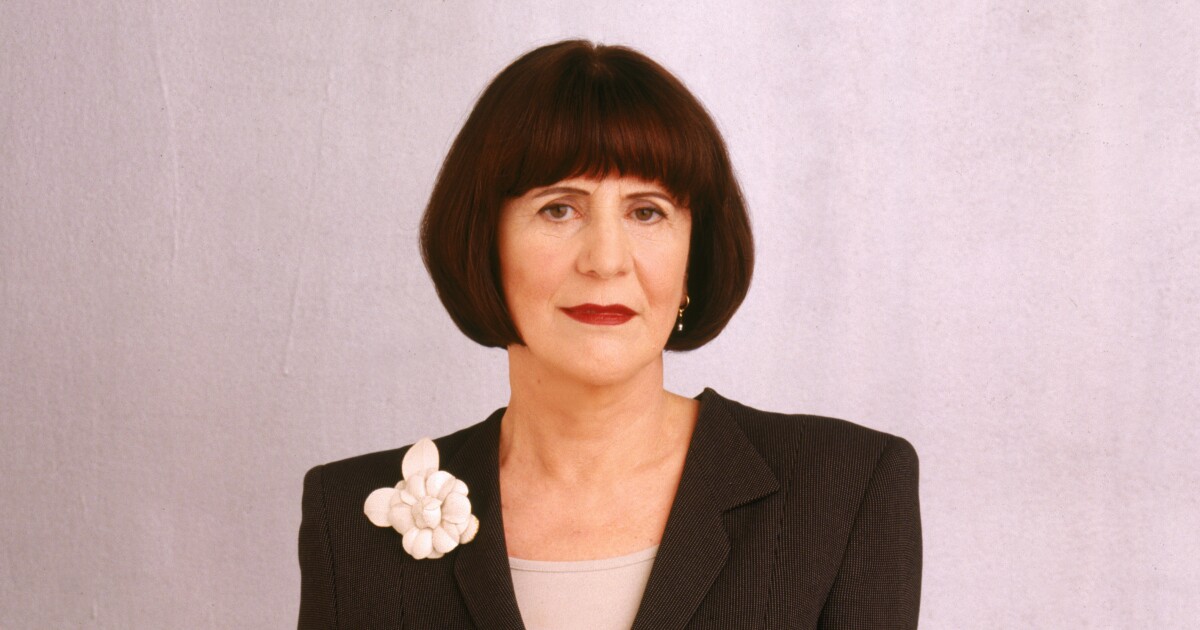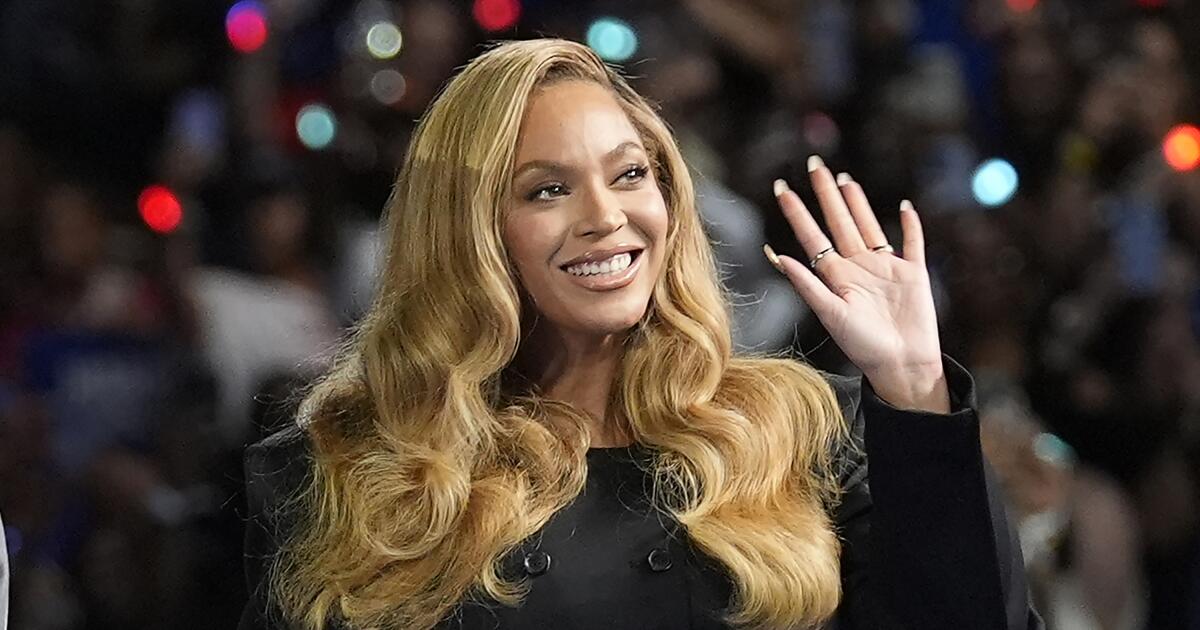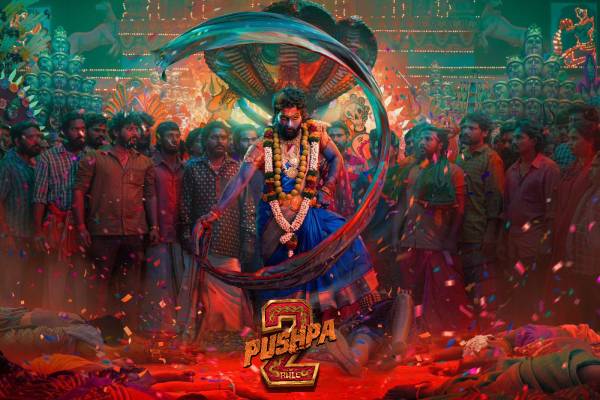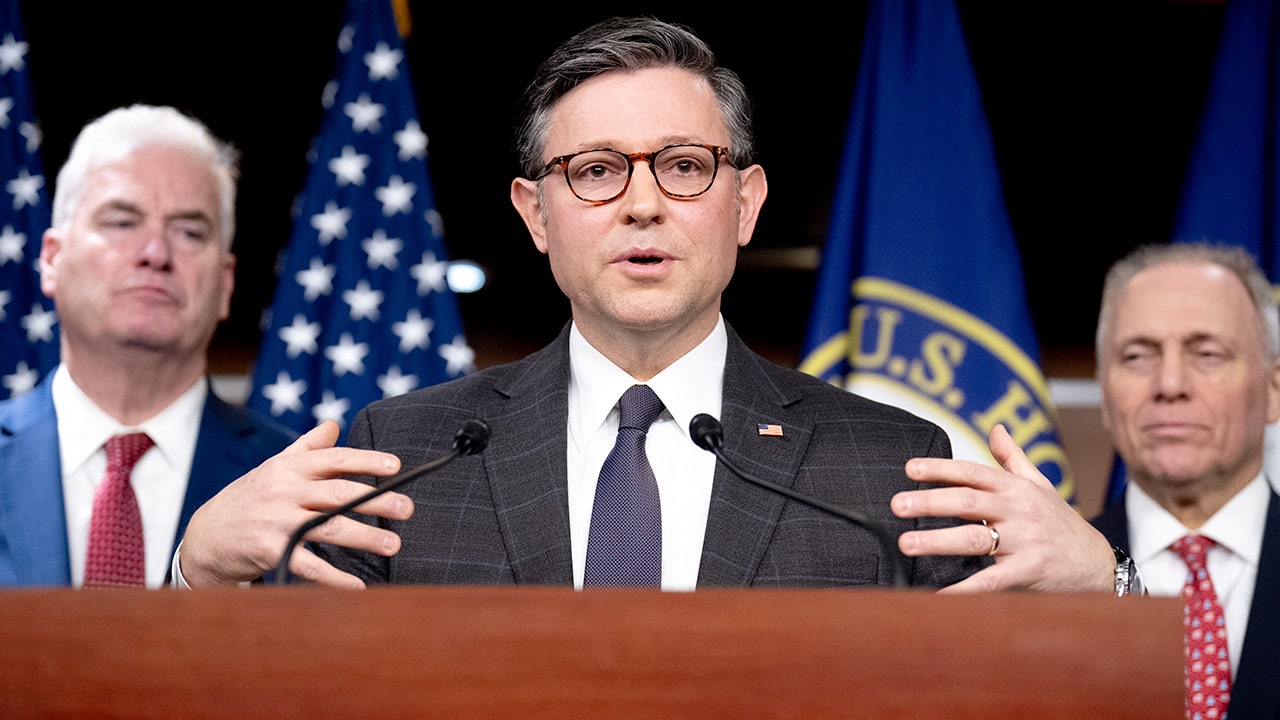The end of the 21st century is still decades away, but Billboard has already declared its greatest pop star: Beyoncé.
The music magazine on Tuesday revealed that the “Crazy in Love” and “Formation” diva had secured the top spot among 25 generational pop talents, including Taylor Swift, Justin Bieber, Rihanna, Drake and Lady Gaga. Billboard’s editorial staff selected Queen Bey for her “full 25 years of influence, evolution and impact,” the outlet announced.
“She’s been Beyoncé for 25 years now, and as she continues to challenge herself (and by extension, the rest of the pop world) to find new and different ways to be define [sic] greatness,” wrote Billboard deputy editor Andrew Unterberger, “it doesn’t seem like she’s going to stop being Beyoncé anytime soon.”
As part of its Beyoncé celebration, Billboard published an essay that chronicled the “Single Ladies” singer’s career from her Destiny’s Child days in the late 1990s to her most recent album, “Cowboy Carter.” The career retrospective praised the Houston native’s consistency, her ubiquity across music and other facets of pop culture — including film and fashion — and her “commitment to innovation.”
While the music outlet dedicated thousands of words to Beyoncé’s life and career, the singer’s mom, Tina Knowles, offered a handful in response to her daughter’s latest honor.
“That’s nice. That’s very nice,” Knowles told TMZ during a brief exchange Tuesday evening on the Sunset Strip.
When the reporter asked whether her family gets “used to those titles” and accolades, Knowles simply responded, “Yeah.”
The “16 Carriages” and “Texas Hold ’Em” singer has not yet publicly addressed her latest honor.
Knowles, Destiny’s Child’s former costume designer and mother to “Cranes in the Sky” artist Solange, isn’t shy about celebrating her superstar kin. On her Instagram, Knowles hypes her daughters’ magazine covers, album sales and even their nonmusic ventures, such as Beyoncé’s Cécred haircare line and her SirDavis whiskey brand.
On Tuesday, Knowles also touted Beyoncé’s upcoming NFL halftime show. The Grammy winner’s performance will stream Christmas Day on Netflix when the Houston Texans host the Baltimore Ravens at NRG Stadium. Knowles told TMZ that “excellence” is what viewers can expect from the holiday gig.
Taylor Swift, who soon will wrap her blockbuster Eras tour after nearly two years, secured the No. 2 spot on Billboard’s list. The historic Grammy winner (she is the only artist to win album of the year four times) “is the most famous woman in the world,” according to Billboard. However, the well-meaning praise inadvertently sparked a twofold backlash last week when her ranking was announced. Before Beyoncé landed the top spot, some of Swift’s legion of fans, known as Swifties, called out Billboard about her second-place ranking and made the case for the “Lavender Haze” singer to be No. 1.
“I like Beyoncé but she’s nowhere near Taylor’s level when it comes to impact and numbers,” a fan tweeted last week. Another Swift devotee on X (formerly Twitter) also cited the “Love Story” pop star’s “commercial success” and “record-breaking sales” as reasons for her to claim the top spot.
Adding salt to the wound, Billboard included a controversial snippet of Kanye West’s “Famous” music video in its montage meant to celebrate Swift. The Billboard clip reportedly featured the music video’s infamous wax figure modeled after a naked Swift, prompting Billboard to issue an apology for including the clip “that falsely depicted her.”
“We have removed the clip from our video and sincerely regret the harm we caused with this error,” the outlet tweeted.
In Tuesday’s Beyoncé reveal, Billboard acknowledged Swift’s accomplishments, lauding her as the “lone artist who really challenged Beyoncé for the top spot” and celebrating her dominance in album sales, streaming and touring. However, she “simply hasn’t been around for long enough to be able to match the expansiveness of [Beyoncé’s] quarter-century of dominance,” the magazine said.
Still, Swift found success with Spotify, which announced Wednesday that the “Shake It Off” diva was its most-streamed artist of the year. Swift also earned the title last year.
“In her Global Top Artist era,” Spotify tweeted Wednesday. “Congratulations Taylor Swift on the over 26+ billion streams in 2024.”
Joining Swift as the audio platform’s top 10 global artists are fellow Billboard 21st century greatest pop star honorees Drake, Ariana Grande, The Weeknd, Bad Bunny and Kanye West.
“You guys are unbelievable. What an amazing thing to find out going into our last weekend of eras shows,” Swift wrote to fans Wednesday in an Instagram story. “THANK YOU!”
For Beyoncé and Swift, their respective Billboard and Spotify wins can be a boon as they prepare for the 2025 Grammy Awards. In November, Beyoncé earned 11 nominations, the most of the latest crop of Grammy hopefuls. Top nominees also include Charli XCX, Billie Eilish, Kendrick Lamar, Post Malone, Sabrina Carpenter, Chappell Roan and Swift.
Who will win the top Grammy prizes? It’s best to stick around, ‘round, ‘round for when the ceremony is broadcast on CBS and streams live from Los Angeles’ Crypto.com Arena on Feb. 2
The Associated Press contributed to this report.



























/cdn.vox-cdn.com/uploads/chorus_asset/file/23906797/VRG_Illo_STK022_K_Radtke_Musk_Scales.jpg)
